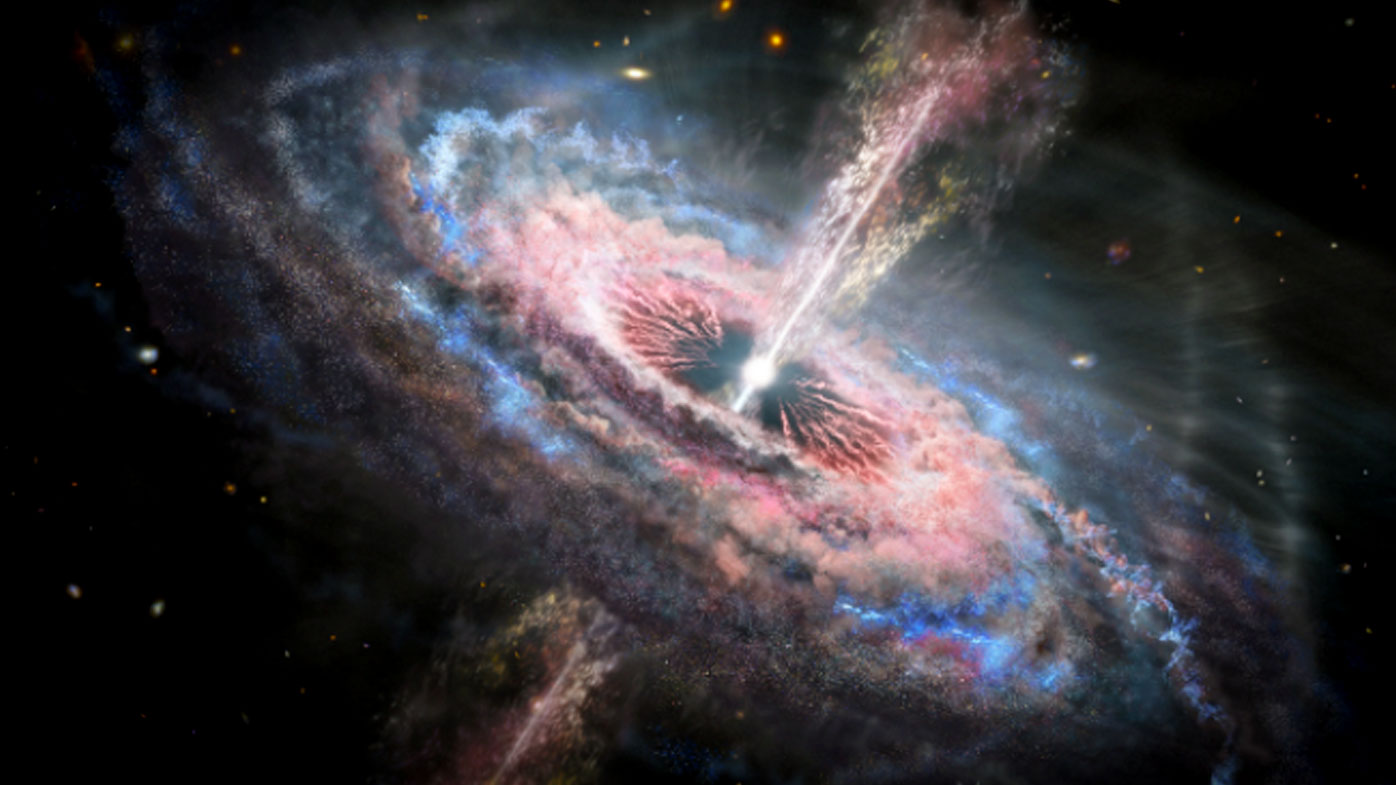Japanese scientists have developed a new astronomical instrument that they hope will explain the huge number of metals in space and the role they play in the universe.
The WINERED instrument, designed by University of Tokyo researchers, enables researchers to scan celestial objects in the universe for signs of metal, reports Phys.Org.
Using the advanced technology, astronomers can study distant quasars - ancient galactic cores that emitted light when the universe was in its early stages about 2.4 billion years ago.
READ MORE: China launching first mission to collect moon rocks

They hope this deeper level of exploration could help explain the origins not only of metals in the universe but also of the stars.
One of the most important elements for astronomers to study is iron.
Not only has it shaped human history, but it is connected to the origins of the first stars that would have begun to shine several hundred million years after the Big Bang.
"By mounting the WINERED instrument on a large telescope, we can see further back in time as we can observe bodies more distant, or more ancient, than those from previous studies. We can now see details of quasars over 10 billion years old," Project Research Associate Hiroaki Sameshima said.
"WINERED is a special kind of spectrograph, which can read the chemical signatures present in the light from distant bodies.

"It revealed to us the fingerprints of iron and magnesium in the light from these quasars, and this allowed us to calculate the abundance of these elements when the universe was much younger than previous studies allowed."
The scientists hope new information gleaned from the technology will help explain the origins of metals such as iron in human blood.
from 9News https://ift.tt/39uZuW4
via IFTTT


0 Comments